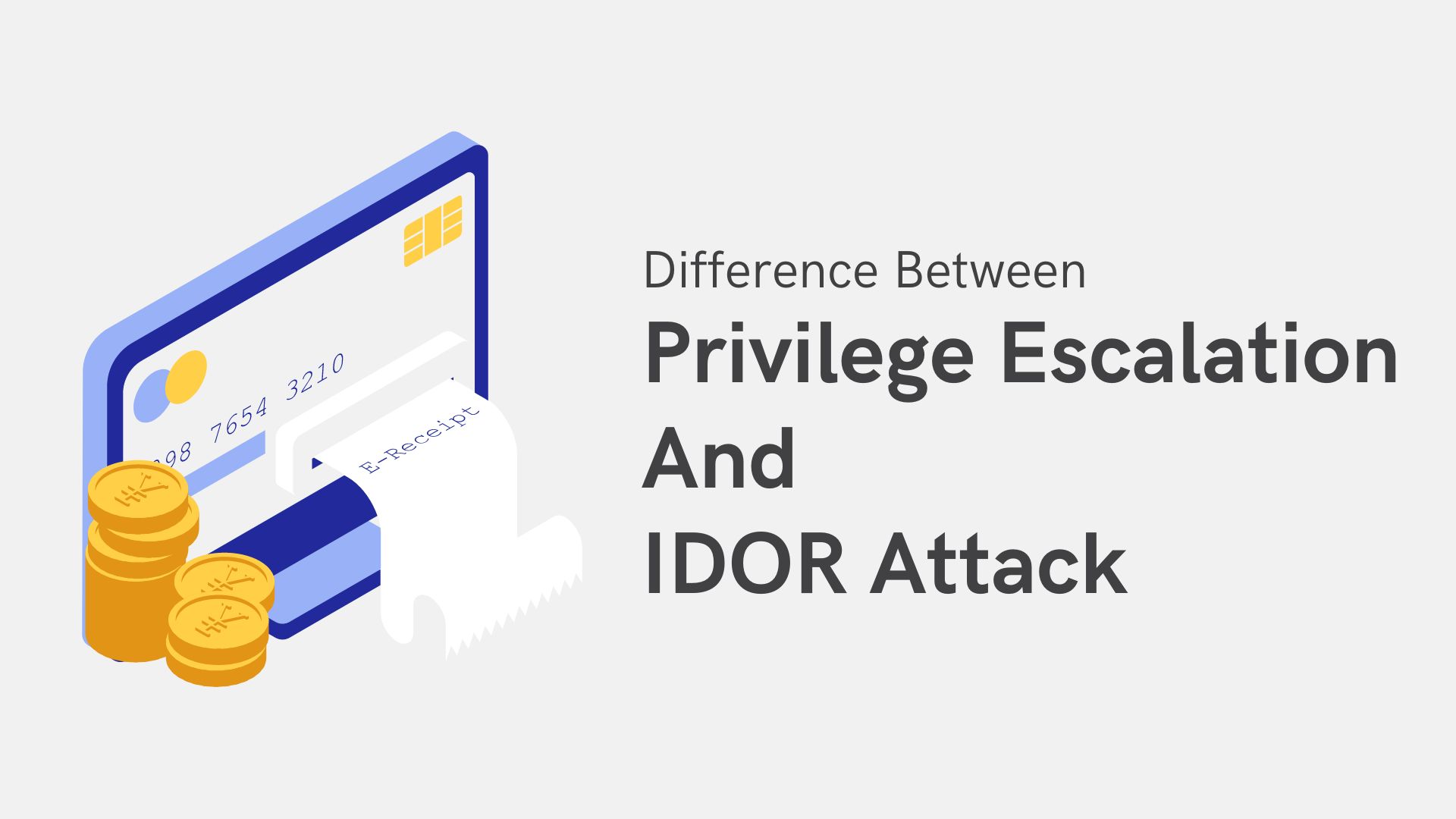- DORA Compliance – A Complete Guide by Valency Networks - 31/01/2025
- Is ICMP Timestamp Request Vulnerability worth considering - 31/12/2024
- Understanding Threat Intelligence in ISO 27001-2022 - 21/11/2024
Privilege Escalation Attack:
Definition: Privilege escalation is a type of cyber attack where an attacker exploits vulnerabilities to gain unauthorized access to higher-level permissions or privileges within a system.
Objective: The main goal is to elevate the attacker’s access rights, enabling them to perform actions that were originally restricted. This could involve gaining administrative or root-level access.
Methods: Attackers may use various techniques, such as exploiting software vulnerabilities, misconfigurations, or leveraging insider information to escalate their privileges.
Example: If an attacker compromises a low-privileged user account, they might exploit a vulnerability to gain administrative rights, allowing them to control the entire system.
Insecure Direct Object Reference (IDOR) Attack:
Definition: IDOR occurs when an attacker is able to access, modify, or delete sensitive data by manipulating references to objects in an application, bypassing authorization and gaining unauthorized access.
Objective: The attacker aims to exploit flaws in how an application references and handles objects, bypassing access controls and directly manipulating data that should be protected.
Methods: Attackers typically manipulate input parameters, such as changing URLs or form values, to access unauthorized data or perform unauthorized actions.
Example: In a web application, if a user is authorized to view their own profile by accessing a URL like example.com/profile?id=user123, an attacker might change the ID parameter to access someone else’s profile.
In summary, while both attacks involve unauthorized access, privilege escalation focuses on gaining higher-level permissions within a system, while IDOR targets the manipulation of references to objects in an application to access unauthorized data. Implementing robust security practices and staying informed about emerging threats are crucial in mitigating these risks. If you’re interested, I can also provide references to relevant studies or reports on these topics.

